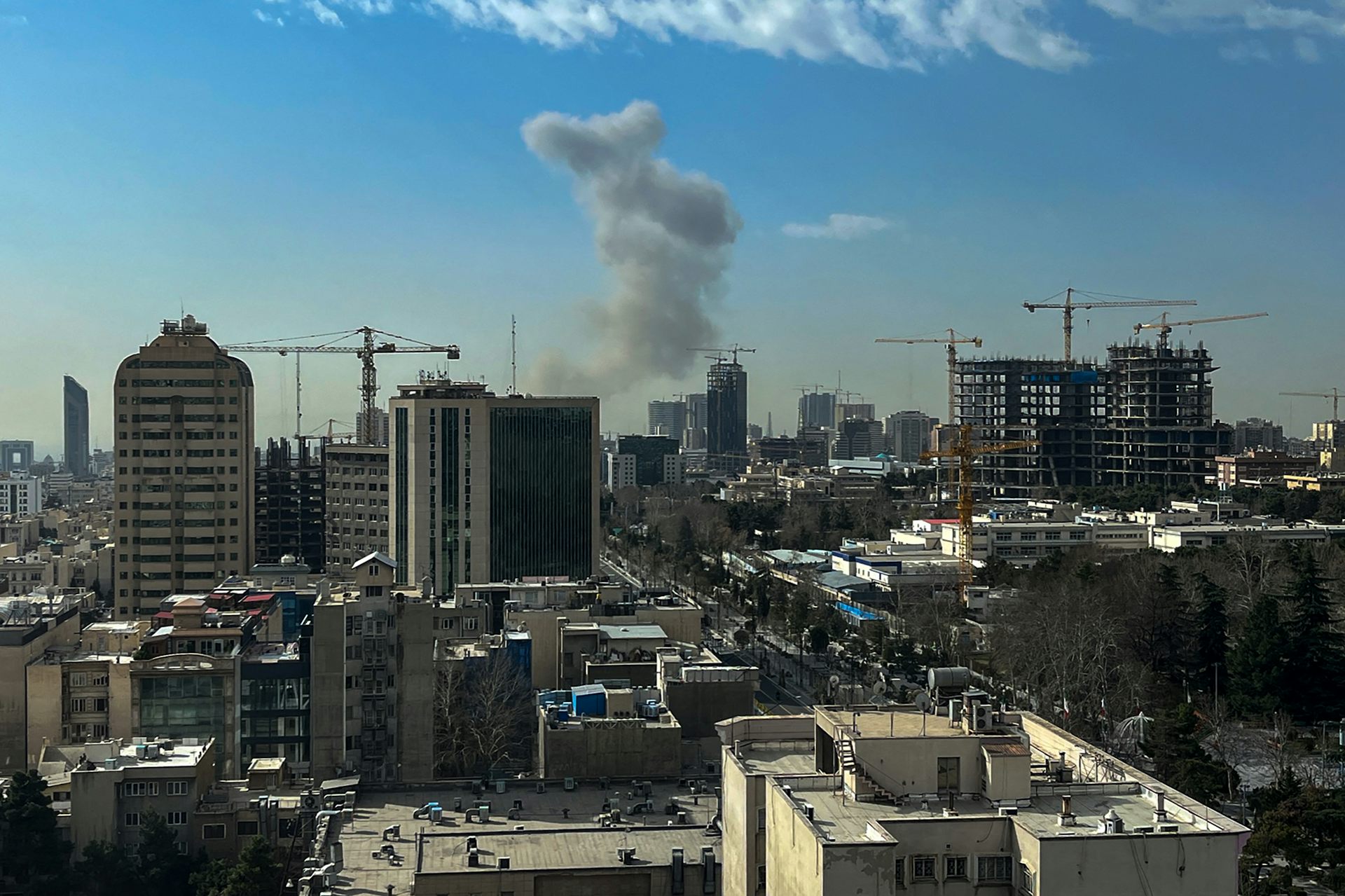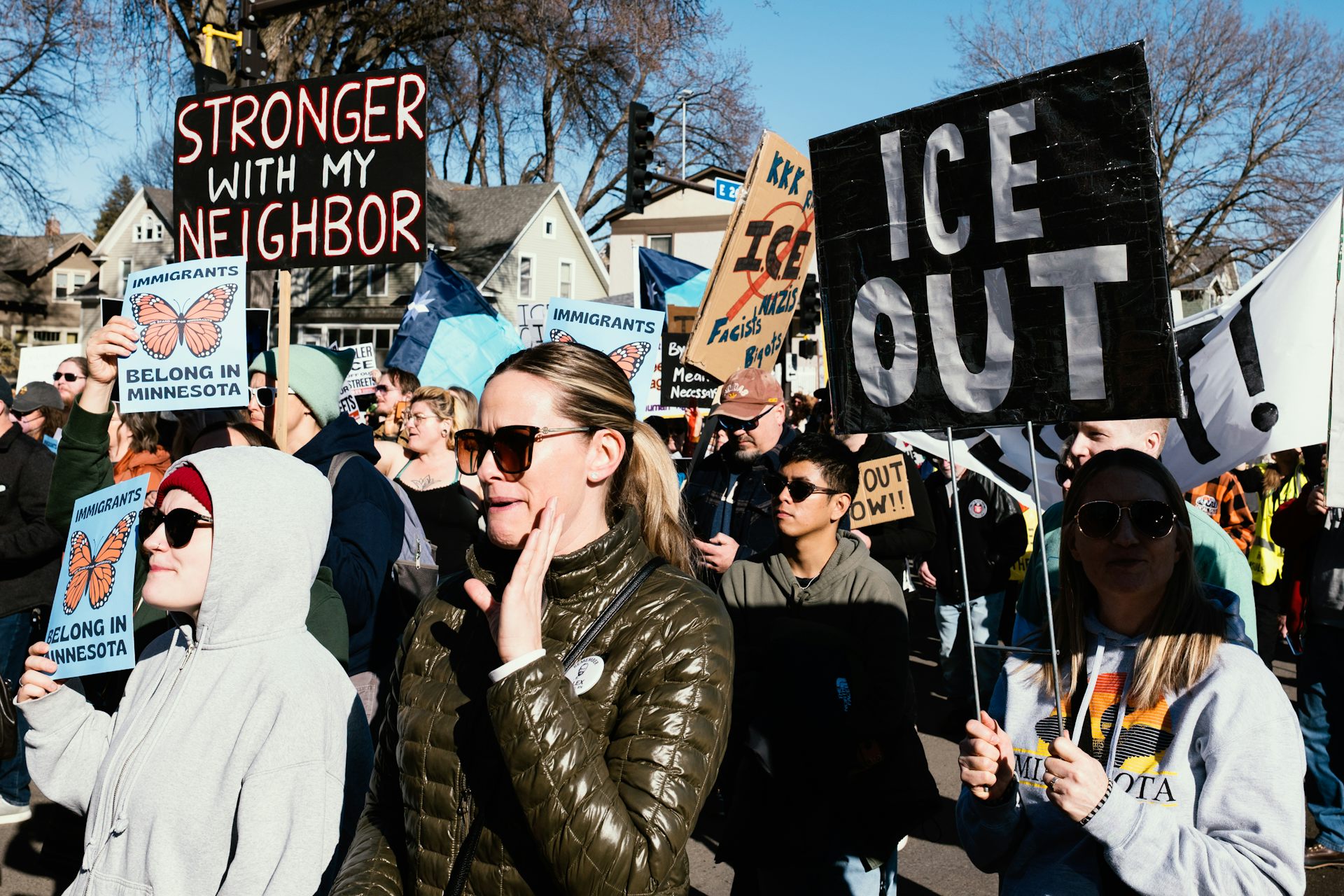Trump speaks at the UN: 5 takeaways
The president threatened North Korea and decried the decimation of the American middle class – but didn’t have much praise for the work of the United Nations.

It is a short distance from Trump Tower on Fifth Avenue to the United Nations headquarters on First Avenue, but these are different worlds. Donald Trump’s native world is one of unilateralism and competition, with more than a hint of bravado and aggression. The U.N.‘s world is one of multilateralism and cooperation, with a heavy dose of diplomacy and collaboration.
Those two worlds met when Trump gave his first speech to the U.N. as America’s president. And the nationalism and pragmatism of the relatively recently inaugurated leader of the U.S., if no longer the free world, collided with the cosmopolitan, enduringly optimistic, if often weary, leadership of the U.N. Not surprisingly, it starkly contrasted with Barack Obama’s final speech to the U.N. a year ago.
'It’s complicated’
Since his inauguration, Donald Trump has conceded on several occasions that foreign policy is “complicated.” And his speech at the U.N. reinforced that fact. He attempted to bridge an uncomfortable divide between the isolationism and muscular foreign policy embraced by much of his political base and the inescapable need to cooperate with other countries in order to tackle a series of foreign policy problems that even the most powerful of states cannot address alone. My initial impression as a student of international relations is that he largely failed to reconcile that tension.
Trump’s inaugural presidential address was more memorable for his reference to carnage than an appeal to inspirational values. And, likewise, his first U.N. speech will probably be remembered more for his threats against North Korea and his reference to the decimation of the U.S. middle class than a few desultory utterances in which he commended the United Nations for its humanitarian efforts.
Straddling two constituencies
Unsurprisingly, Trump’s commentary was broad-ranging and inchoate. In again invoking the concept of “principled realism,” he tried to straddle, and to please, both his base and the audience in the room. But just like his wavering recent comments about events in Charlottesville or the fate of the “Dreamers” of DACA, his ambivalence on the future relationship between the United States and the United Nations will likely leave neither his supporters or his global audience satisfied.
So, against this background, what were the lessons gleaned from Trump’s speech?
Here are five key points:
#1. We are the world?
For the last three decades, every student who takes a university course in international relations has been taught two things. The first is that the countries of the world are becoming more interdependent. The second is that the United Nations is one of the mechanisms that can be used to address issues that require a collective response, like climate change or growing inequality. Trump rejected that formulation. In his speech, he argued that the United Nations should be built on the basis of sovereign, strong and independent states fed by patriotism and nationalism – not cosmopolitanism. States should be left alone unless they threaten external security or, Trump suggested eccentrically, they abrogate human rights – singularly referring to Venezuela.
#2. Throwback to W
Rogue states, or “regimes,” are back in fashion. The term, like the “Axis of Evil,” was introduced by George W. Bush’s administration. Then, it principally referred to Iran, North Korea and Iraq, and was used to justify an interventionist U.S. foreign policy. That language disappeared during the Obama administration, in favor of a focus on strategic patience and diplomacy. Trump’s rejection of Obama’s foreign policy could have taken him off in several directions. But in this instance, he has returned to Bush’s.
#3. A line to remember
But Bush’s foray didn’t end well. He used the term – and the threat those countries reputedly posed to international stability – to justify a long, bloody and costly war in Iraq that ultimately destabilized the Middle East. The consequences of Trump’s return to that language could prove catastrophic on the Korean Peninsula. Never before can I recall an American president threatening to “totally destroy” another country like North Korea, as Trump did while standing at a lectern of an organization whose core mission is dedicated to peace. That, I suspect, will be the line from his speech that will be longest remembered, regardless of whether war actually breaks out.
#4. Looking out for number one
Paradoxically, according to Trump, in pursuing its own narrow, short-term self-interest on security and trade, the United States will remain a “model” for the rest of the world. Again, this claim upends conventional American wisdom.
Attempts to enhance America’s global reputation for the last seven decades have been built on its efforts to cultivate at least an image of enlightened self-interest. This has entailed promoting global stability, trade and democracy. Taking this long-term view has been at a cost to American taxpayers, workers and even American lives in a series of wars. American presidents have routinely justified this sacrifice by calling the U.S. “a model” from which the world has ultimately benefited. Until now, none has justified selfishness as a virtue to the rest of the world. “As President of the United States, I will always put America first just like you, the leaders of your countries, will always, and should always, put your countries first,” proclaimed Trump. It was a line reminiscent of Gordon Gecko’s famous speech in the movie Wall Street, that “greed is good.”
#5. Ignoring the needs of others
Economic and national security may be in, but enhancing economic and social development, addressing global inequality and combating climate change are certainly out.
The irony is inescapable: Two more hurricanes were threatening America’s shores as Trump spoke. Seemingly oblivious to that fact, he completely ignored two of the greatest interrelated challenges facing humanity in a building whose central mission is to protect the species: how to feed the world’s population while ensuring all of our children actually remain alive so that they can enjoy that meal. America First, he clearly implied, entails the right of the American middle class to drive to the mall and have enough money to spend on U.S. manufactured products when it gets there. But, on this occasion, the possibility that they may have to drive through a hurricane, flood, forest fire or smog to get there was not recognized by Trump as a major problem. And on questions of economic, political or social development? The nearest he got was a reference to refugees: Wars should cease so that they can return to their homes. It’s cheaper that way. The president is probably unacquainted with the fact that a large proportion of the world’s potential environmental refugees live in the Caribbean, and when the sea rises I suspect they will be heading in boats towards Florida, if not Mar-a-Lago, with no home to return to.
So what’s the bottom line?
First, principled realism is a nice term if you are trying to appear coherent. But its principle components – of isolationism and engagement – are inherently contradictory. Cobbling them together should lead us to expect contradiction and equivocation rather than be surprised by it.
Second, we learned once again that Trump looks longingly backwards rather than forwards. His speech, when dispassionately analyzed, would have seemed more befitting if delivered in 1917 rather than 2017.
And finally, the lukewarm applause Trump received – both when criticizing Iran and at the conclusion of his speech – suggests that, with few exceptions, the world’s leaders share the sentiment held by a large portion of the American electorate: that the next three years and four months are going to feel like an eternity.

Simon Reich receives funding from The Gerda Henkel Foundation in support of his research.
Read These Next
Massive US attacks on Iran unlikely to produce regime change in Tehran
President Trump has appealed to Iranians to topple their government, but a popular uprising is unlikely…
Iran will respond to US-Israeli strikes as existential threats to the regime – because they are
The latest attack on Iran goes far beyond previous operations by Israel and the US in both scale and…
Cuba’s speedboat shootout recalls long history of exile groups engaged in covert ops aimed at regime
From the 1960s onward, dissident Cubans in exile have sought to undermine the government in Havana −…






